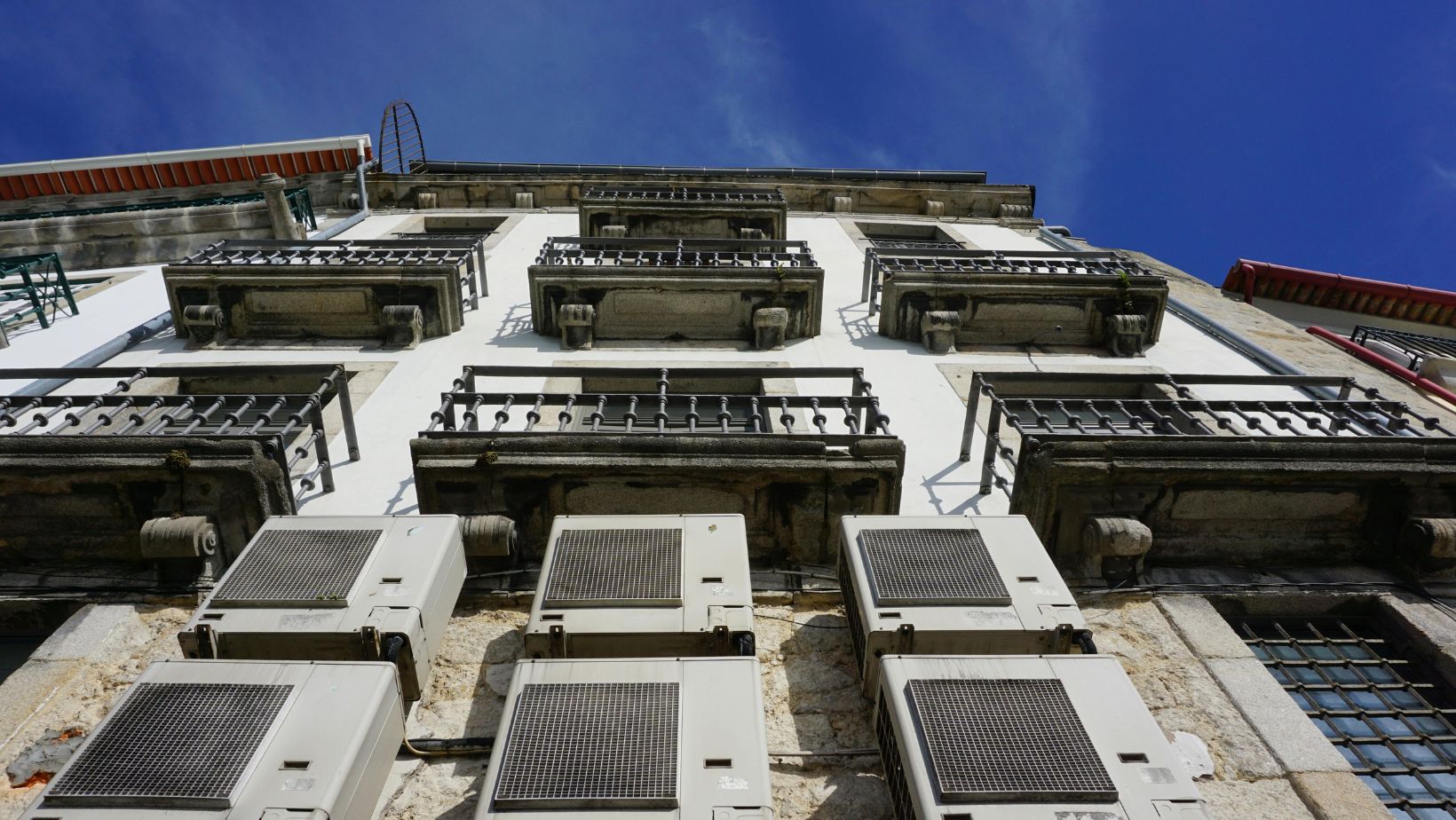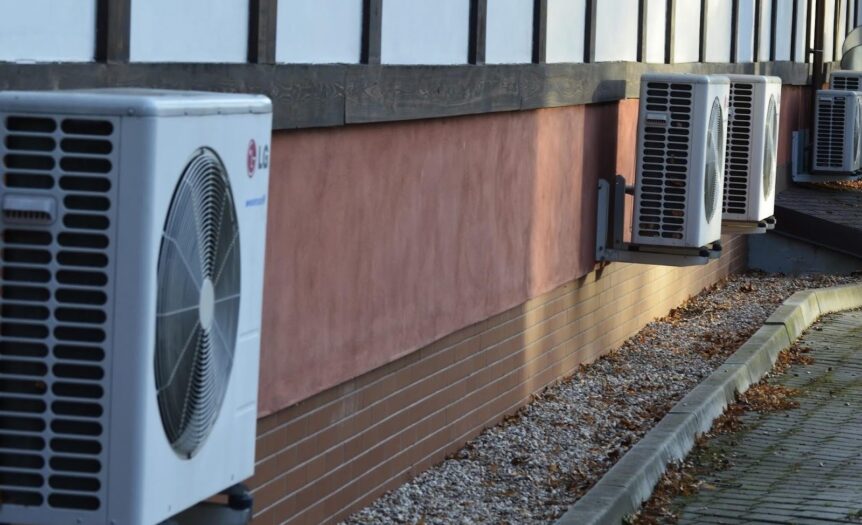Heat pumps have gained significant traction in recent years as an energy-efficient alternative for heating and cooling homes. Their ability to transfer heat rather than generate it makes them much more efficient than traditional heating systems. However, like any mechanical system, they require proper care and maintenance to perform optimally. This article provides insightful tips to help you maintain your heat pump effectively, ensuring it lasts longer and operates more efficiently.
Understanding Your Heat Pump
Before diving into maintenance tips, it’s essential to have a basic understanding of how heat pumps work. In simple terms, heat pumps use a refrigeration cycle to transfer heat from outside to inside during the winter, and vice versa in the summer. This dual functionality is one of the reasons they are so popular.
Regular maintenance can significantly enhance the performance of your heat pump, thereby saving you money on energy bills and repairs. The secret to longevity lies in consistent upkeep. If you’re wondering how to extend the life of your heat pump, you might find this resource helpful for more in-depth information.
Regular Check-ups
Seasonal Inspections
Conducting seasonal inspections is critical for any heat pump owner. Ideally, you should schedule professional maintenance at least once a year. During this visit, a technician will:
• Check refrigerant levels
• Clean and inspect coils
• Evaluate the thermostat settings
• Look for leaks or wear in the ductwork
These inspections not only identify potential issues before they become major problems but also optimise the heat pump’s efficiency.
Cleaning Filters
One of the simplest yet most effective maintenance tasks is regularly cleaning or replacing your heat pump’s filters. Dirty filters obstruct airflow, making the system work harder than necessary.
• Frequency: Aim to check your filters monthly, particularly during peak usage seasons. If you notice reduced airflow, it’s time to clean or replace them.
• Types: Depending on your system, you might have reusable or disposable filters. Knowing which type you have can make maintenance more straightforward.
Keeping the Outdoor Unit Clear
The outdoor unit of your heat pump is susceptible to debris, especially during autumn and winter. Leaves, dirt, and even ice can accumulate around the unit, obstructing airflow and reducing efficiency. Here are some tips for keeping it clear:

• Regular Cleaning: Remove debris like leaves, twigs, and snow.
• Clear Space: Maintain a clearance of at least two feet around the unit. This space allows proper airflow and prevents overheating.
• Check for Ice: In colder climates, inspect the unit for ice build-up. If your unit is frozen, it should be defrosted immediately to prevent damage.
Monitor Performance and Efficiency
Temperature Checks
Regularly monitor the performance of your heat pump by checking the temperature at various points in your home. If there’s a noticeable difference in temperature comfort levels, it may indicate a problem within the system.
• Set Temperatures: Maintain a consistent temperature setting. If you’ve set your thermostat to a certain temperature and notice fluctuations, it may point to an issue with the thermostat or the unit itself.
• Energy Bills: Keep an eye on your energy bills. A sharp increase can signal that your heat pump is struggling and might need servicing.
Noise Levels
Pay attention to any unusual noises coming from your heat pump. Rattling, hissing, or grinding sounds are typically signs that something is wrong. Don’t ignore these signs—investigating or calling a professional can save you considerable time and money in potential repairs.
Smart Thermostat Integration
Consider integrating a smart thermostat into your home heating system. These devices offer advanced scheduling and learning capabilities that can help optimise your heat pump’s efficiency.
• Remote Access: Many smart thermostats allow you to control your heating through a smartphone app, enabling you to adjust settings even when you’re not home.
• Energy Reports: Some models provide monthly energy usage reports, giving you insights into your consumption patterns and allowing for more informed decisions about your heating practices.
Know When to Call a Professional
While regular maintenance is crucial, it’s equally important to know when to rely on professional expertise. If you encounter any persistent issues—whether it’s strange noises, abnormal energy bills, or a noticeable decline in temperature—don’t hesitate to consult a technician.
The cost of a service call is often less than the expense incurred from a major repair or replacement that could have been prevented by early intervention.
Conclusion
Maintaining your heat pump can seem daunting, but with a little attention and care, you can ensure it runs smoothly and efficiently for years to come. From regular inspections to simple tasks like cleaning filters and monitoring performance, the steps outlined in this blog post are foundational to effective heat pump care. By investing time in maintenance, not only do you extend the life of your heat pump, but you also contribute to a more sustainable and energy-efficient home.
As you embrace these practices, remember that a reliable system not only enhances your comfort but also reduces your environmental footprint, making it a win-win scenario for you and the planet.



